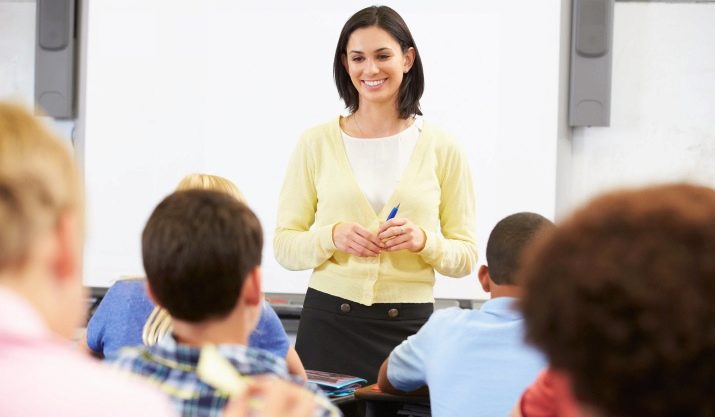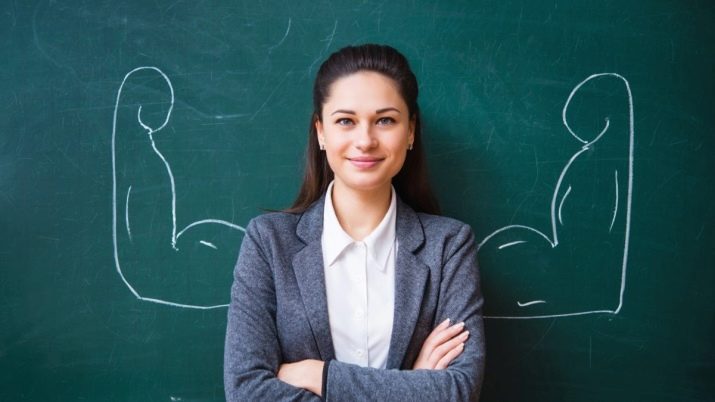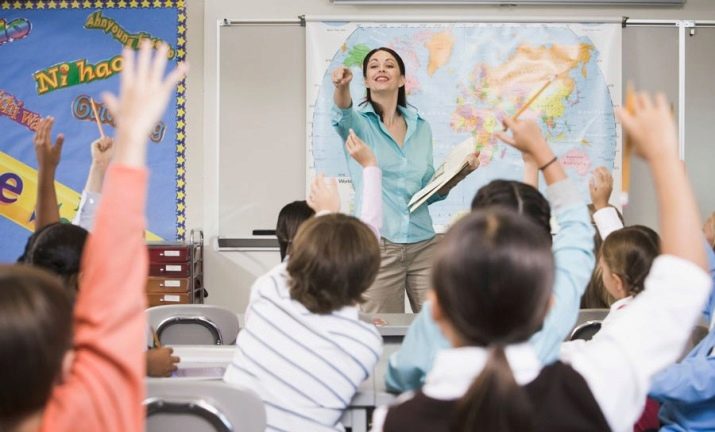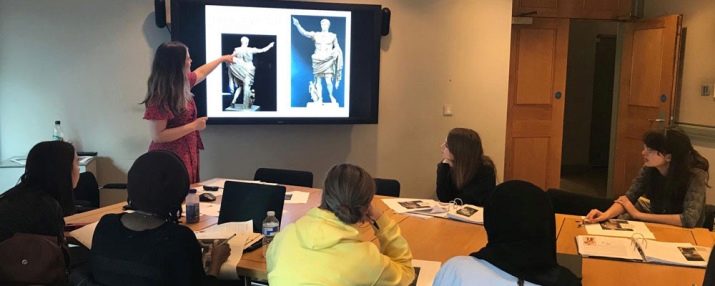There are professions whose need is declining over time, and there are those whose relevance does not fade. Teachers, teachers, teachers are specialists who are always in demand. This qualification is developing and modifying to current trends, expanding and becoming more popular.
In this article, we will consider the profession of a history teacher. We describe the main responsibilities and features of the work. We will touch upon the positive and negative aspects of this profession.
Features
A history teacher should be guided by a large amount of knowledge, which will be updated over time, since history does not stand still. The flow of information is very extensive - from the life of the northern peoples to the history of military campaigns of the Russian Empire.
History as a subject is quite fascinating. The presentation of the material can be varied - in the form of lectures, films, debates, as well as archaeological trips.
The history teacher must first of all know a lot of historical dates and events, navigate the time periods of the dynasties, and understand the territorial changes of each country (association, division).

To improve their qualifications, the teacher must attend additional seminars, courses, and read historical literature.
Such a teacher must have certain qualities. It:
- the ability to find new knowledge, reformulate the information received in a more understandable context;
- the opportunity to find an individual approach to each student, regardless of the ability of the child;
- the ability to form a curriculum;
- Affordable presentation and interesting lesson construction.
- hardness of character, stress resistance.

Knowledge and skills
As in any other specialty, a history teacher must possess certain skills and have the necessary knowledge in this field of activity. It is necessary to set goals for yourself and achieve them.
Consider the main tasks that a teacher must perform. Primarily this is the formation of the curriculum according to general educational standards.
The teacher should rely on the students already gained knowledge. This is necessary in order to correctly and functionally use the time in the classroom. Many educators know that this time is often enough, because the amount of information is too large. In many ways all information has to be reduced.
The skill of the correct presentation of information is necessary for the teacher, because it is a very difficult subject to perceive, many children consider it boring. And this is logical if you force children to write notes and just learn dates. A good teacher, thanks to modern technology, will present information in an interactive style.
A history teacher should, like no one else, encourage students' zeal for the subject. As you know, losing this zeal is very easy. Change of presentation, heavy texts and too large a volume of dates push children away from studying the subject.
In this case the teacher must show that the assessment will depend not only on correctly specified dates, but also on an understanding of the material covered as a whole. This will psychologically alleviate the condition of the child.
The ability to properly process the acquired knowledge is very important for the teacher. It’s not enough just to find good information, a diagram or a table for the lesson. It is necessary to process this information as much as possible in a more understandable language and explain everything for students in their own words. This shows not only your knowledge as a teacher, but also how interesting the subject is to you. These factors influence the involvement of students in the learning process.
Another important skill can be considered the correct formation of extracurricular time. This also includes additional classes. The teacher continues to work even after homework. Preparing for the next day and checking notebooks also affects certain skills. After all the construction of work on errors is no less important than the presentation of the material itself.

Separately, it is worth considering the profession of a teacher of art history. The history of art is a separate direction that the future teacher is studying. This subject includes a whole complex of social sciences, and the central link is art culture.
The main foundation of this specialty is a common history. Then a basis is formed from classical and postmodern history. Great accents are made on styles in art (romanticism, classicism, sentimentalism, realism and others). We study all kinds of time periods that are associated with art (for example, the art of Ancient Greece; the life of the eastern peoples).
Teachers of art history are taught to distinguish between works of art, to understand a variety of art schools and schools, to navigate in historical and artistic movements. Students who choose this area of study will participate in expeditions, organize exhibitions, work with various collections of artworks. They will also be able to conduct research work in museums, archives, prepare for the publication of scientific materials (bibliographies, guides, collections, reviews), and engage in the evaluation of art objects.
Having received education in this area, you can work not only as a teacher in educational institutions. You can become an antique dealer, archivist, librarian, museum employee.

Training
To learn to be a history teacher, you do not need to look for a university for a long time. Almost every big city has universities and colleges that offer teacher education.
The direction of the history teacher is too narrow, so in some universities there is an expanded specialization. For example, history and law. The resulting profession will allow you to work not only as a teacher in school, but also to teach law at colleges or universities. The following areas are the history of Russia and foreign countries, the history and social sciences, the history of local history, the history of art, archeology, and domestic history.
The listed specializations can be either basic or acquired during continuing education and additional seminars, or as a second higher education.
You can get the first higher as a teacher of the Russian language, and then, without spending too much time, you can apply for the second higher as a history teacher.
The basic requirement for this profession is that you must have a teacher education. For the employer, full-time education is important. But a diploma can be obtained by studying in absentia.
To enter the university you must pass exams in the following subjects: Russian language, mathematics, history of Russia. In some cases, you may need to Social Studies.

Where can it work?
Many students are always concerned about the issue of employment. This is an eternal problem, because employers always need work experience. But this will not happen with this specialty, because the teacher is always in demand. Every school needs teachers. Therefore, the choice remains for the small: in which school you want to work - in general public or private.
Each of these schools has its advantages and disadvantages. therefore you need to choose what suits you best.
In a secondary school, there are likely to be several classes. In the classroom up to about 35 people. The volume of work will be large. Of the advantages it is worth noting official employment, social package, vacation, career growth.
In private schools, classes are small. Each child needs to pay a lot of attention. One of the minuses can be considered the specifics of a private school. For example, there may be a need to conduct lessons in English. Therefore, in addition to knowledge in the field of history, extensive knowledge in the English language or any other in which the school specializes will be necessary.

Besides, You can go to teach in college. Here, the learning process is the same as in school. The positive side is that students have already studied all the information received.
You can go to work as a tutor or in institutions specializing in further education and advanced training.
Finally, it is worth stopping at the pros and cons of the profession. The positive aspects of the specialty include:
- constant communication with people;
- creative work and continuous development;
- long vacation, social package and seniority.
Of the minuses, the following points can be noted:
- conflicting children and parents;
- responsibility;
- a large amount of information and work.











